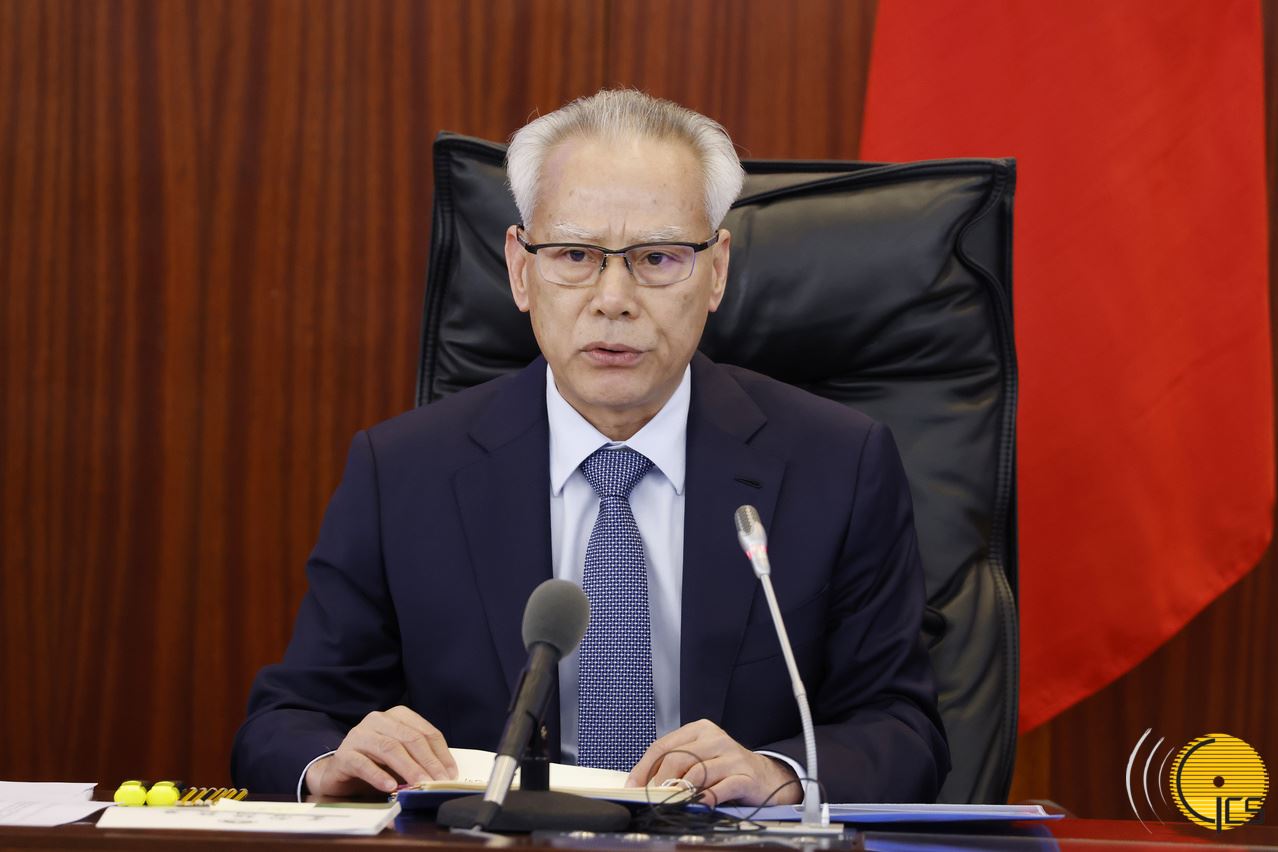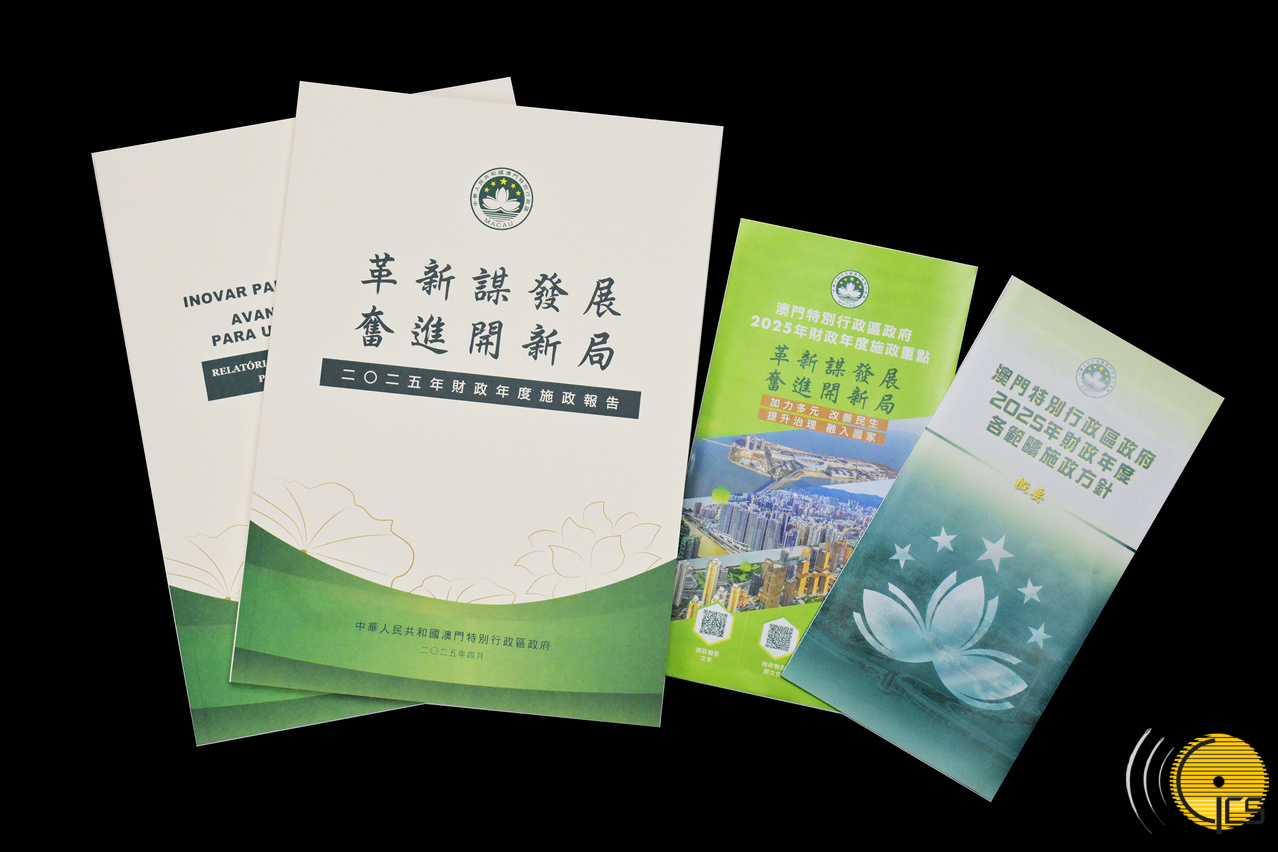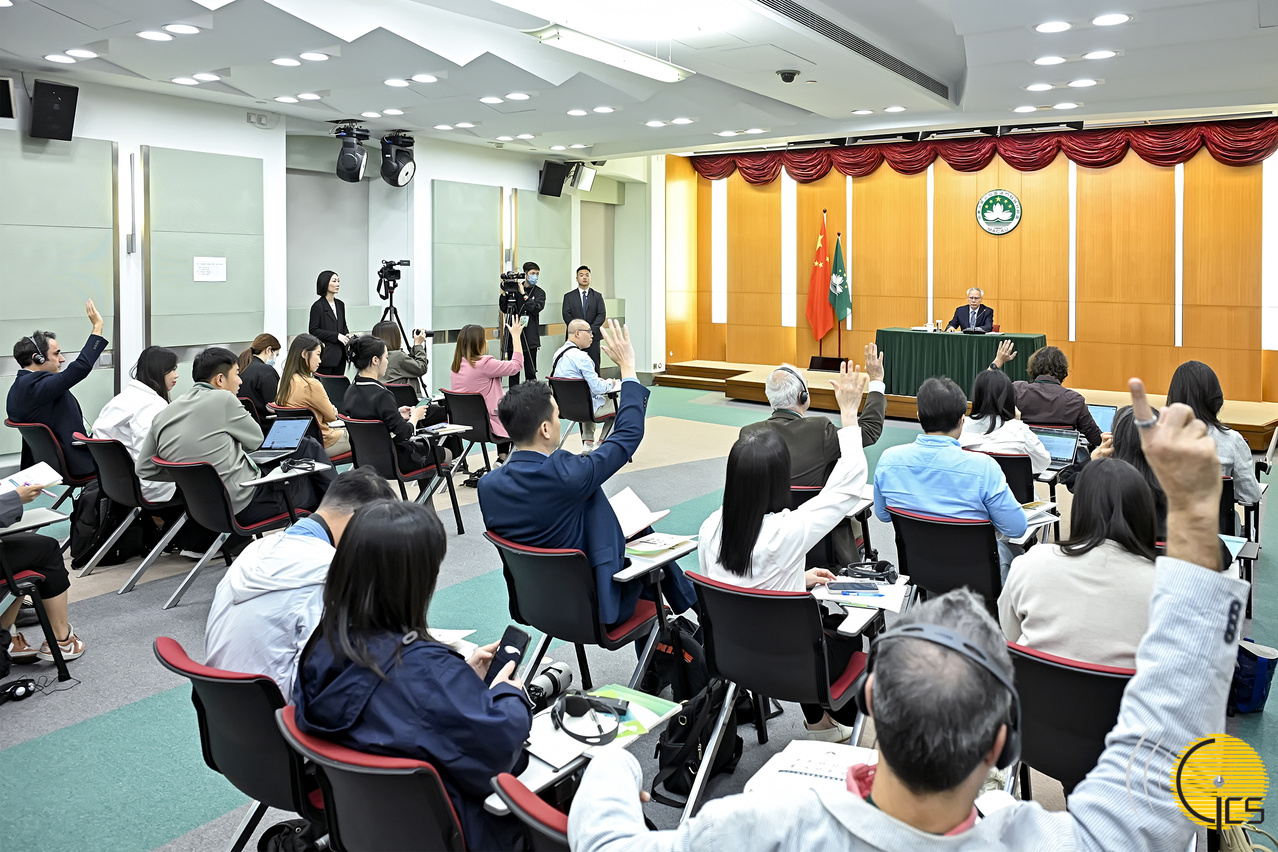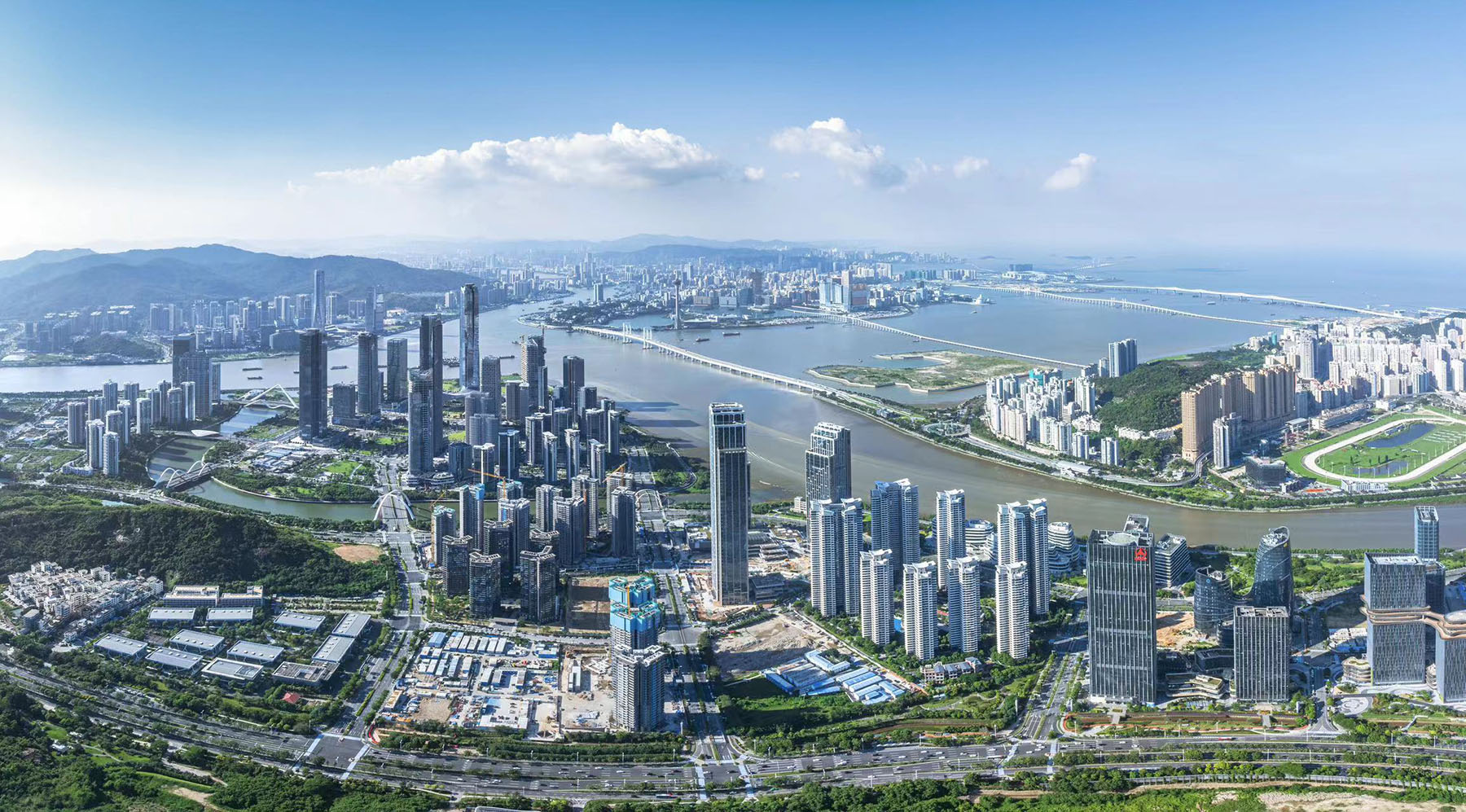Plans cover attracting talent, tourism, education, industry and transportation

Macao Chief Executive Sam Hou-fai on Monday highlighted closer integration with Hengqin’s development, expanded tourism offerings and a more efficient government, during his maiden policy address.
Speaking at the Legislative Assembly, Sam emphasized Macao’s commitment to the strategy of “one center, one platform and one base” under the “one country, two systems” framework.
ALSO READ: Sam: Macao SAR to push forward appropriate economic diversification
He vowed to deepen the development of the Guangdong-Macao In-Depth Cooperation Zone in Hengqin, Guangdong province, calling it a critical platform for the city’s integration into national development.

Sam, who took office in December last year, acknowledged that fiscal revenue this year may fall short of expectations due to a slower than hoped post-pandemic recovery in tourism and leisure sectors. He called for proactive risk management to tackle the mounting fiscal challenges.
The Hengqin zone is positioned as key to breaking development bottlenecks, with new initiatives to deepen institutional links between the two areas. Sam pledged to further promote the use of Macao-registered single-plate cars in the mainland via Hengqin, and explore new transportation corridors connecting the two areas.
ALSO READ: Macao representatives call for further integration as Hengqin enters next stage
He also announced plans to develop a “university cluster” in Hengqin to strengthen the role of higher education in technological transformation and talent cultivation. In its initial stage, Macao universities qualified to enroll mainland students will be encouraged to open new campuses in Hengqin, with a long-term goal of including more public and private institutions.

Macao will take a more proactive role in the development of the Guangdong-Hong Kong-Macao Greater Bay Area, Sam said. His administration will strengthen communication with Guangdong and Hong Kong authorities to promote trade, innovation, education and entrepreneurship.
The government will offer monthly subsidies of 5,000 patacas ($625) to Macao residents aged 35 and below who have graduated from tertiary institutions and are working in the nine mainland cities of the Greater Bay Area or for designated firms in Hengqin. Additional assistance will help young people seize career opportunities on the mainland, he added.
READ MORE: Residents of HK, Macao, Taiwan can request e-travel pass to mainland
To promote economic diversification, the policy address also outlined tailored plans to support emerging industries and the creation of government-led industrial and technology innovation funds.
Plans are underway for an international cultural and tourism zone featuring world-class museums, performance venues and commercial spaces.

A new science and technology industrial park is also in development, aimed at attracting global innovation players and becoming a new growth engine for the Greater Bay Area.
Sam confirmed that Macao’s Wealth Partaking Scheme, a signature cash handout program, will continue for the 19th consecutive year. Each permanent resident will receive 10,000 patacas, while non-permanent residents will receive 6,000 patacas. However, he signaled plans to reform the scheme after public consultation, with savings to be redirected toward welfare and economic development.
ALSO READ: Macao International Parade promotes beauty of cultural integration
Among new welfare measures, annual allowances for the elderly and people with disabilities will rise to 10,000 patacas starting in the fourth quarter. A new monthly subsidy of 1,500 patacas will also be provided for children under 3 years of age.
To improve administrative efficiency, six cross-departmental task forces will be established to coordinate major policies and remove bureaucratic obstacles. Sam stressed that departments failing to cooperate or implement policies will be held accountable.
Contact the writer at stephyzhang@chinadailyhk.com


